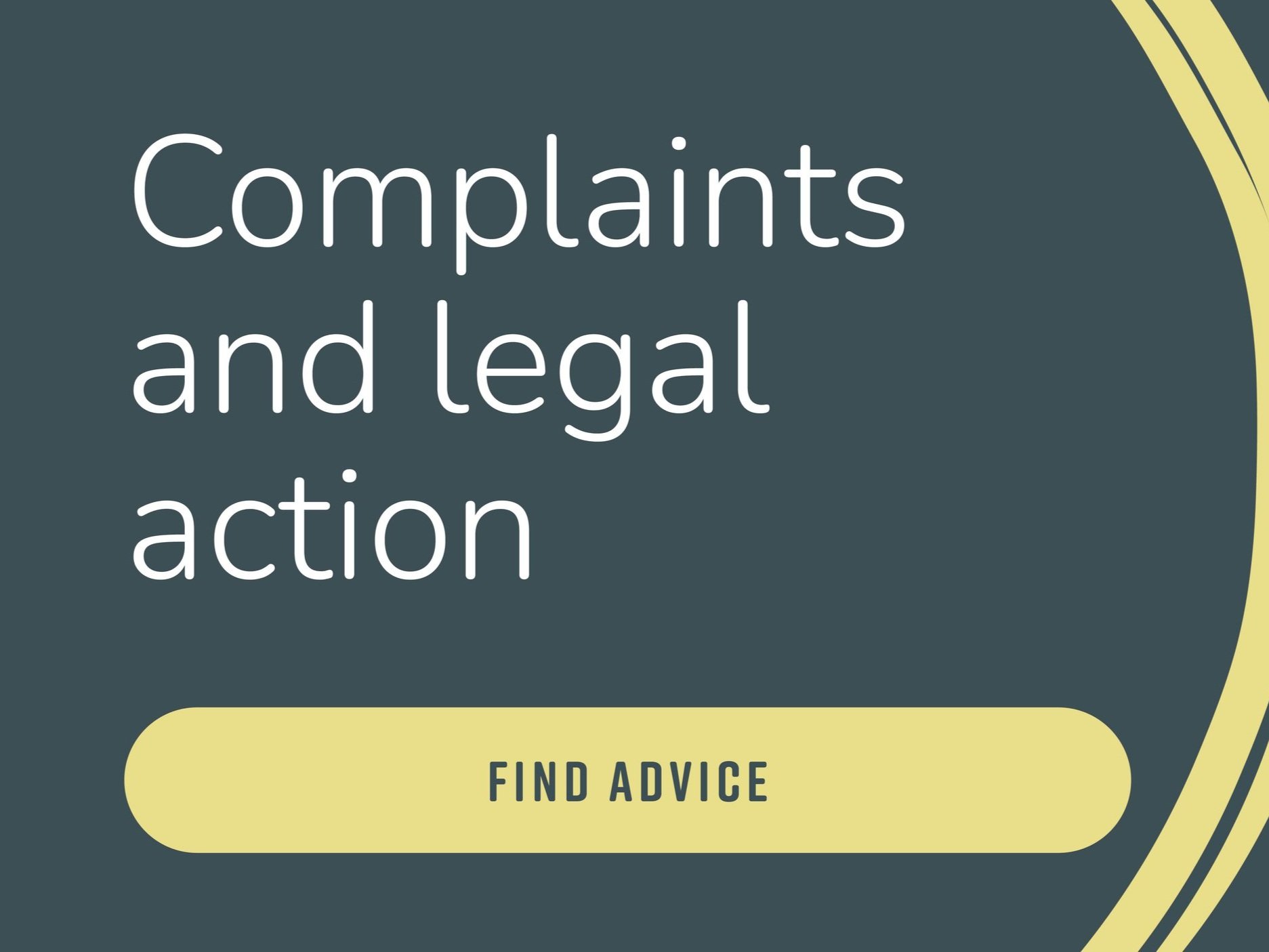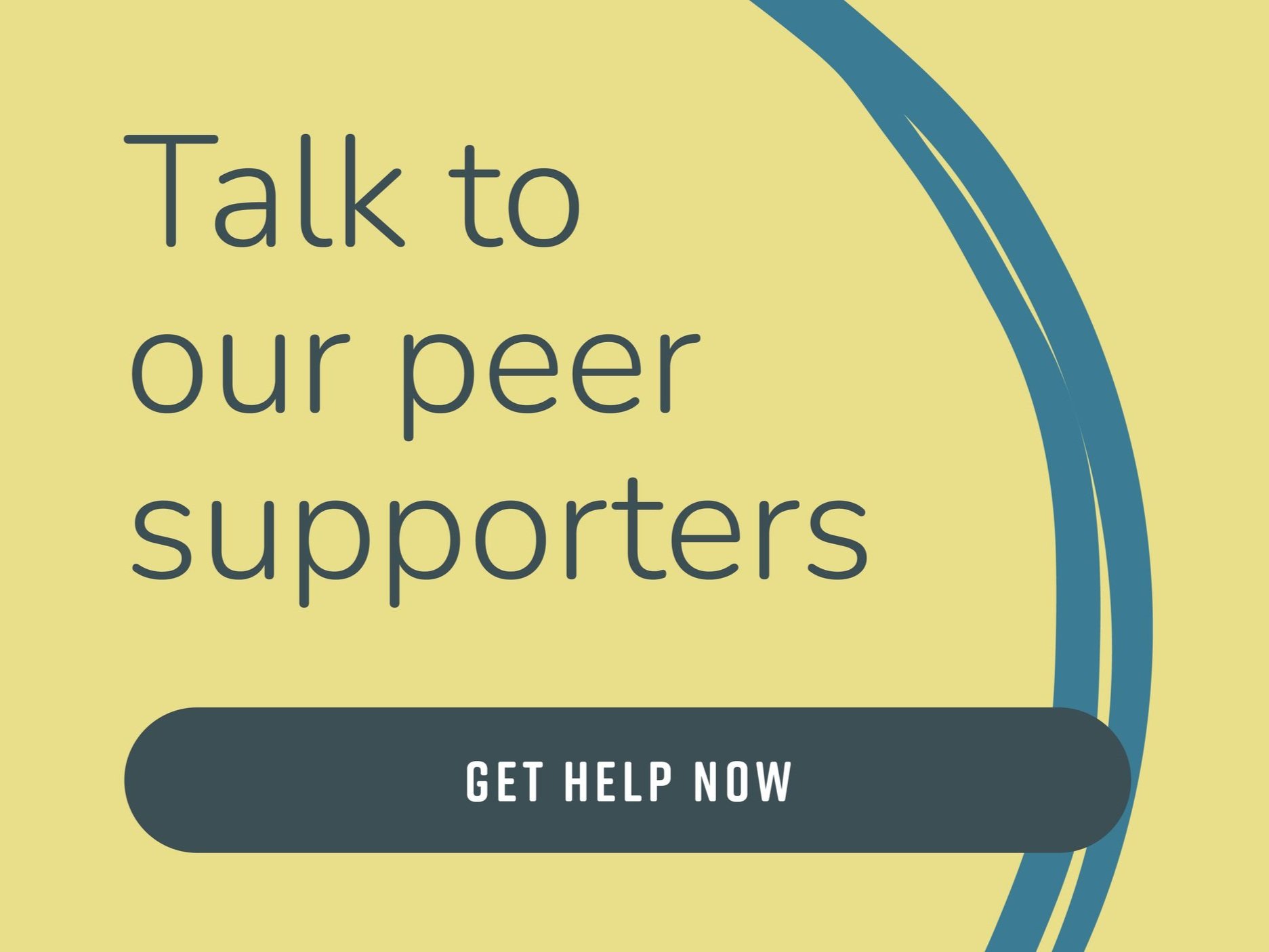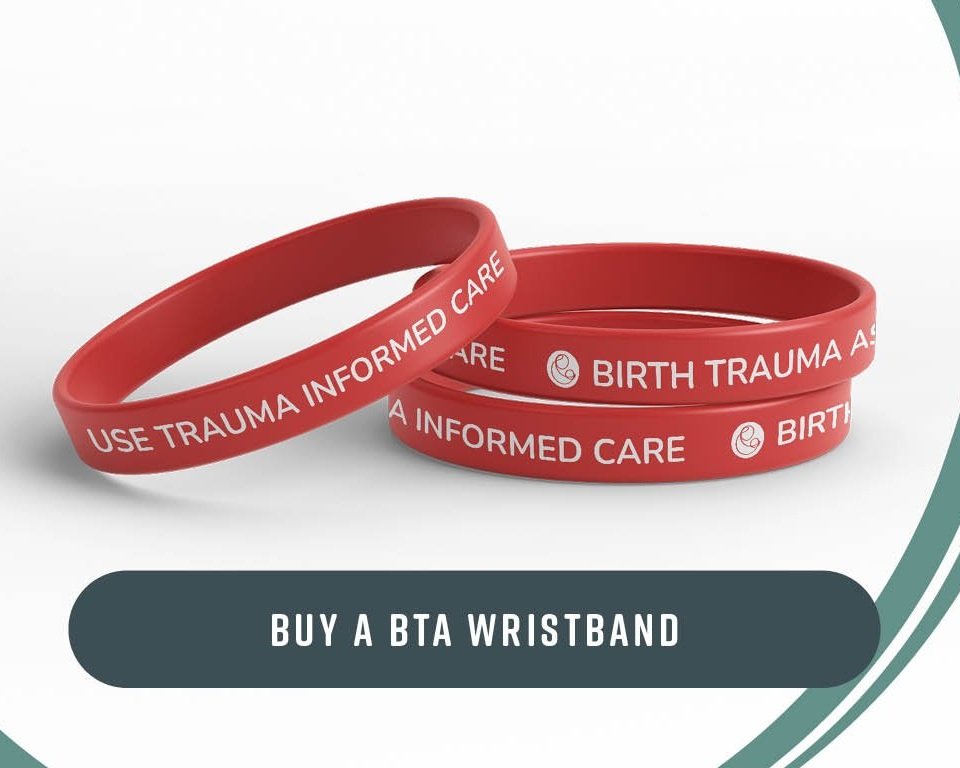
What is birth trauma?
Birth trauma is a shorthand term to describe symptoms of distress you might experience after having gone through, or witnessed, a traumatic birth. In some cases, these symptoms can be enough for a diagnosis of post-traumatic stress disorder (PTSD).
Research shows that about 4-5% of women experience PTSD after birth – about 25,000-30,000 a year in the UK. PTSD has four groups of symptoms:
Re-imagining the trauma: you may have nightmares or flashbacks to the birth
Avoidance: you avoid any reminder of the trauma. For example, you may avoid going to the hospital where you gave birth or watching programmes such as Call the Midwife
Arousal: you feel as if you’re on high alert at the time, and frightened that something bad is going to happen
Negative cognition: your mood is low, and you may have feelings of guilt and self-blame, and you may have difficulty remembering parts of the trauma
Some people with PTSD also experience dissociation – a feeling of being emotionally numb or detached from reality.
A much bigger group of women experience some trauma symptoms, such as intense anxiety or flashbacks, but not enough for a PTSD diagnosis. We use “birth trauma” for all these cases.
It’s very common for women who have had a traumatic birth to find it hard to bond with their baby, who can serve as a reminder of the traumatic birth. We find that, for most women, even if they don’t feel a connection in the early stages, the bond develops over time. The chances are that, even if you don’t feel the rush of love you expected, you are still doing a good job of taking care of your baby. But you might find it helps to talk to others who have had a similar experience, or to seek professional help.
Birth partners can also develop PTSD from witnessing a traumatic birth. Research suggests that about 1% of dads or partners develop PTSD after seeing their partner go through traumatic birth – and we support dads and partners too. Read more in our leaflet for birth partners.
There is more information about birth trauma in our Coping with a Traumatic Birth leaflet. If you find that your GP or other health professional isn’t aware of birth trauma, you might find it helpful to print the leaflet and take it to your appointment to show them. Click here for the printable copy.
We can also send out printed copies of the leaflet if you want - just email us at enquiries@birthtraumaassociation.org.uk.
Below are translated versions of the leaflet in nine languages. Some of them have been through the design process but others are currently just plain text.
Punjabi (Pakistani Punjabi, using the Shahmukhi alphabet)
You can also listen to an audio version of the Urdu leaflet. This was created before our most recent update of the leaflet, so there are small differences from the printed version.
4–5%
of women develop PTSD after birth
1%
of birth partners develop PTSD after birth
All sorts of things can make birth traumatic, such as a difficult forceps birth, or an emergency caesarean, or a postpartum haemorrhage. Very long, difficult labours can be traumatic, as can short, intense ones. If your baby is born premature or ill, and has to spend time in special care, that can be traumatising too.
Often women say that the trauma of the birth has been made worse by neglect or poor communication from the health professionals looking after them. We hear a lot of stories of women being denied pain relief, or having procedures performed on them without their consent. This is particularly distressing because women feel betrayed by the very people they trusted to look after them.
Having another baby
Deciding whether to have another baby after you’ve been through a traumatic birth can be hard. Download our guide to help you think through the decision.
Returning to work after birth trauma
If you’re returning to work after a traumatic birth, you might want the option to return part-time, take time off for counselling, or have adjustments made to make it easier to manage physical injuries. Please read our leaflet, Returning to work after a traumatic birth, which was produced with the help of our trusted legal partner Irwin Mitchell.
Sharing Experiences
Sometimes hearing other people’s birth trauma stories can make you feel less alone. We’ve made a video of five women talking about their experiences of traumatic birth. We hope you find it helpful.
NEWS & Campaigns







